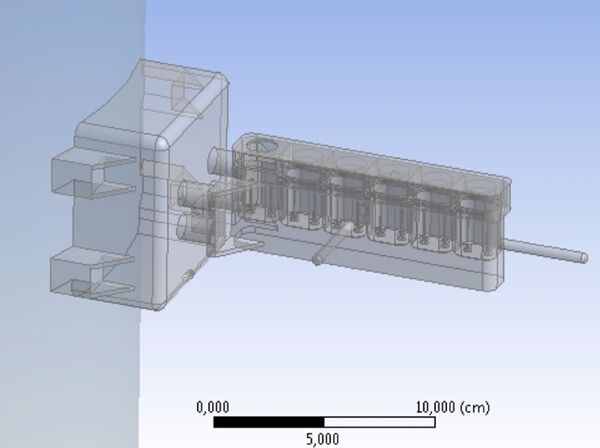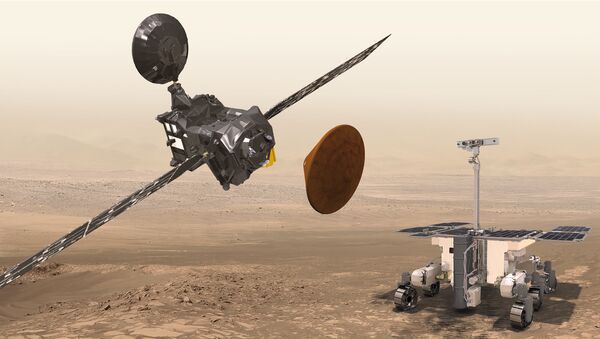Scientists in the northern Swedish city of Kiruna are busy constructing an instrument to collect liquid water off the surface of Mars. Preparations for the Mars trip are underway in earnest, albeit in the Kiruna Mountains, where the UV radiation is about as close to that experienced on the surface of Mars as you can get here on Earth.
Abisko in #SwedishLapland: https://t.co/pJnLmVzK57 The best place to see the northern lights. pic.twitter.com/0lyaYbHiwE
— Swedish Lapland (@SwedishLapland) November 19, 2015
"This is the first stage of the Mars journey. Now, we are in the Abisko National Reserve. Next step is Iceland and then we are off to the Himalayas," Professor Javier Martín Torres told Swedish Radio, citing the dryness of air and the high UV radiation as reasons why the locations were picked.
Frozen lake on the way to #Kiruna, Sweden. pic.twitter.com/Dw0mDF7rhE
— kawshiki nasser (@kawshiki) May 8, 2016
Javier Martín Torres leads the research at the Kiruna department of Luleå University, which developed the HABIT gadget (Habitability, Brine Irradiation and Temperature package), which is thought to be able to function as some sort of mini water plant during the European-Russian Mars expedition in a few years.
@Riksgransen #Kiruna #swedishlapland#riksgränsen pic.twitter.com/bKJiMbxk39
— Kirunabilder (@kirunabilder) April 27, 2016
The current data collected by NASA's rover Curiosity, which landed on Mars in 2012, suggests that special salts on the Red Planet may hypothetically be able to absorb water vapor from the atmosphere to form a kind of brine that does not freeze despite average temperatures of about minus 60 degrees.
"However, even if Kiruna researchers succeed in demonstrating how droplets of liquid water can be collected, the challenge of producing clean water from the brine on a larger scale remains," Javier Martín Torres said.
ExoMars is a joint EU-Russian mission, run by Russia's Roscosmos and the European Space Agency (ESA). Its main goal is to establish if life ever existed on Mars by investigating its environment. The next stage includes launching a rover on Mars that will carry out drills to promote exobiology and geochemistry research.




